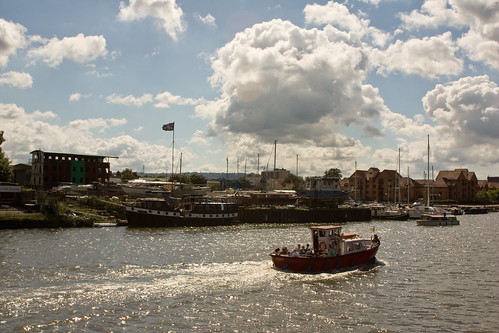Learning from history
Dignifying Science: Stories About Women Scientists
by Jim Ottaviani
This book greatly appealed to me from the get-go: it’s a graphic novel about women scientists, concentrating on five examples: Hedy Lamarr, Lise Meitner, Rosalind Franklin, Barbara McLintock and Biruté Galdikas. I am ashamed to say that I had no idea what any of those women should be famous for, in fact I’d not heard of two of them at all, and even now I feel that I only know a little about each one. My curiosity has definitely been piqued and I will be adding some books from the extensive references section to my wishlist.
A lot of different artists worked on this and I found the changes in style quite disconcerting, though at times it was used to good effect. For example, in the story of Rosalind Franklin there were pages supposedly narrated by James Watson, Francis Crick and Maurice Wilkins in turn, and the different drawing styles definitely helped prevent the change in voice from being confusing (and hopefully those names have told you what Rosalind Franklin is famous for, if you didn’t know before!).
This book definitely makes more sense if you read all the notes and references. The comic sections don’t always make it clear what the scientific achievement of each person is, and the inclusion of Hedy Lamarr (more of an engineer and, oh yes – actress) may seem a little odd when so many women scientists have been omitted, but as the notes explain – this is really just a taster and therefore concentrates on interesting stories rather than universal coverage. Marie Curie stars in a brief epilogue and prologue, apparently because her letters to her daughter Irene were too fascinating not to use!
There’s a definite sense of humour at work, as you might expect in a graphic novel, and the stories are mostly accessible to the layman. I’m not sure this would get any very young girls enthusing about a science career because the language, historical contexts and science depicted are too dense for that, but it could certainly be a good book to give a teenage girl with a modicum of interest in science or history. And there’s no reason not to give it to boys either because there’s no particular feminist slant aside from the choice of protagonists.
I liked the different levels of success of the women depicted, and the different reasons for it. Lamarr was treated as a pretty girl playing at science (though she wasn’t exactly pushed into acting – she broke off two engagements because the men wouldn’t let her continue acting), Meitner missed out a Nobel prize that she deserved part of (for nuclear fission, on the back of the evidence here anyway, I will read more before I give a definitive view on that), Franklin’s abrupt personality made her difficult to work with and she was snide about Francis and Crick’s model work but she did get an acknowledgement in their paper and in the Nobel acceptance speech (she was dead by then so could not have received the award, which is not given posthumously), McLintock did get a Nobel prize and Galdikas is apparently internationally renowned and respected for her work with orangutans, which continues to this day.
I will admit that I found the story of McLintock pretty dull. I understand the desire to include someone who chose an unusual thing to research (corn genetics) and stuck with that for life, leading to notable advances in the field, but it’s pretty dull and the one interesting thing about her life – that she struggled for years to get a faculty position because of her gender and her chosen area of research and the one position she did get early on was in Germany in 1933, which she had to leave pretty quickly because of the political situation – is not made at all clear in the comic section, only in the later notes.
However, the rest of the book was very interesting indeed. Incidentally, the title Dignifying Science comes from one of Marie Curie’s letters, where she is talking about the problems of being a famous scientist. She continues: “What is not deniable is the sincerity of all the people who do this kind of thing and the necessity of doing it.”
Published 2003 by GT Labs
ISBN 978-0-9660-1064-0





